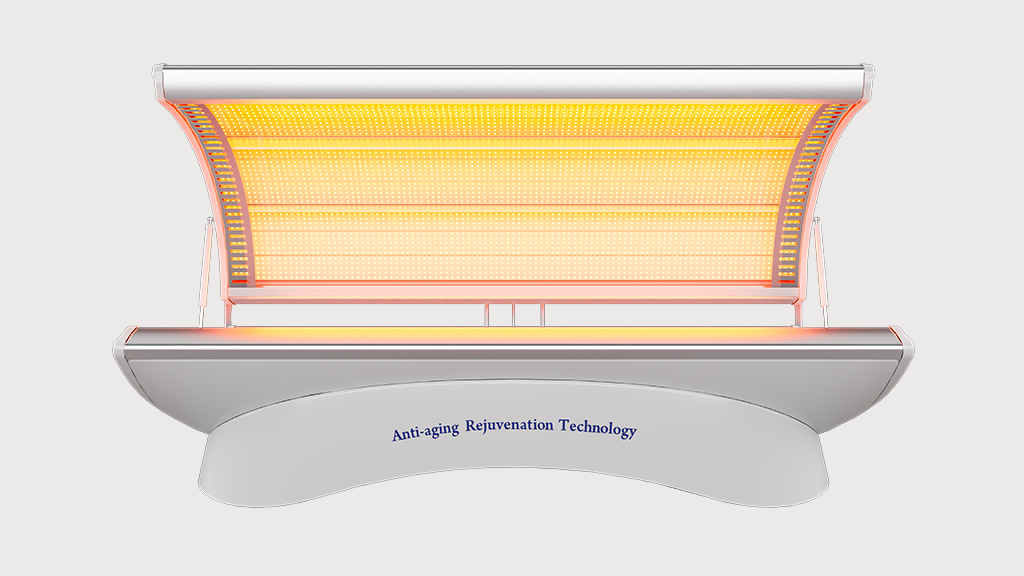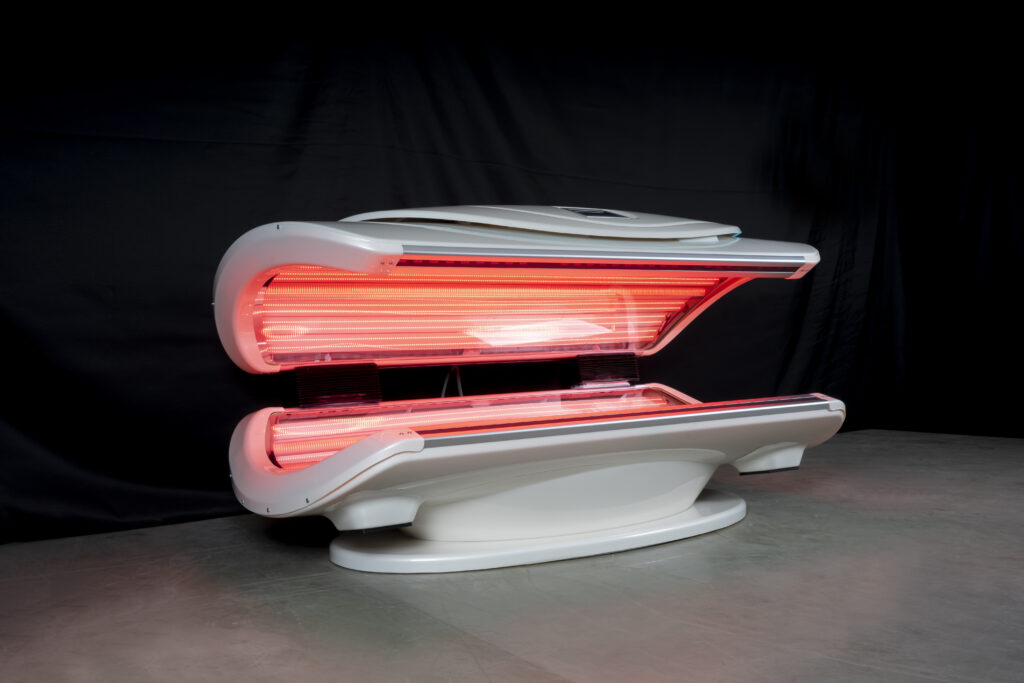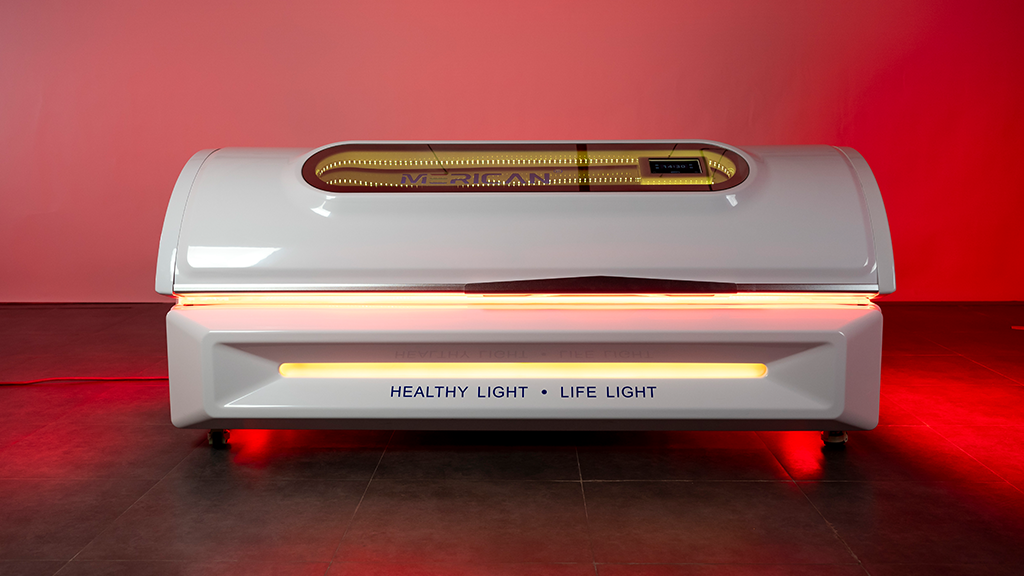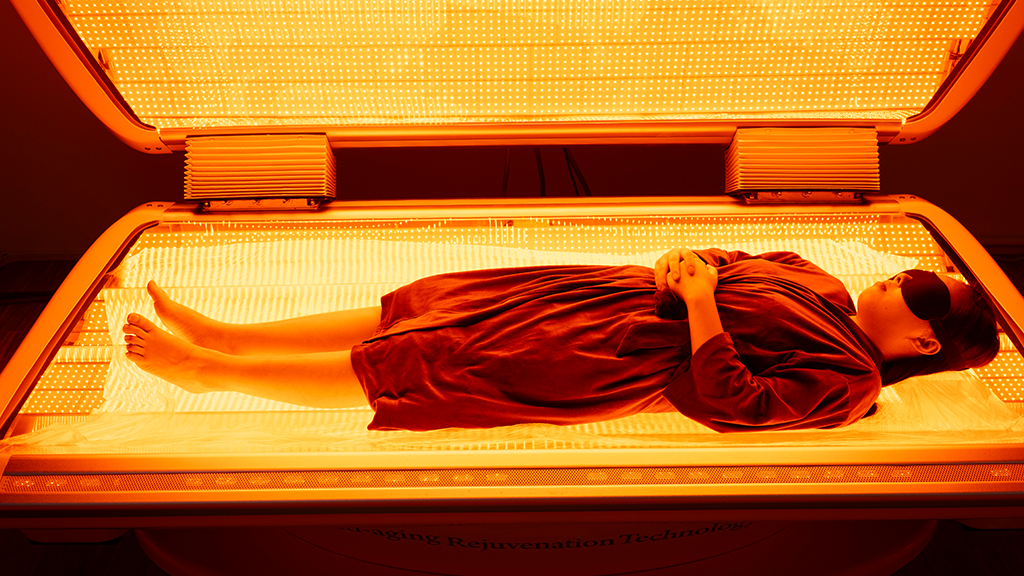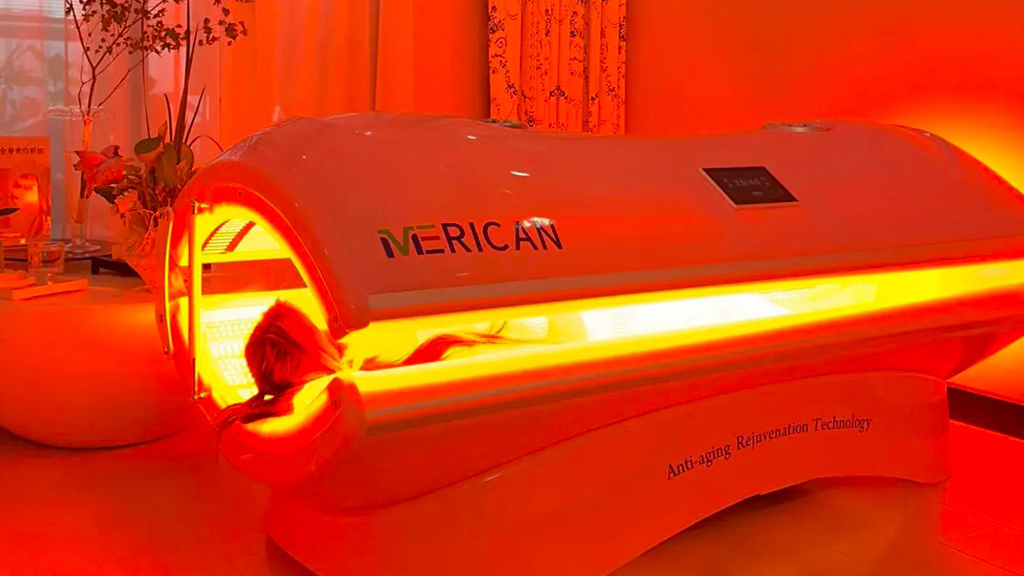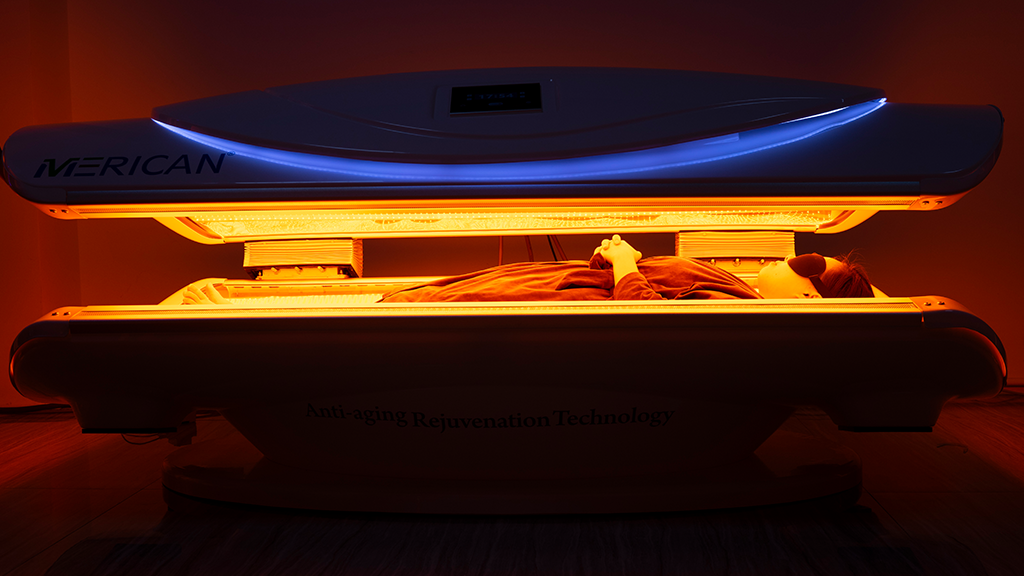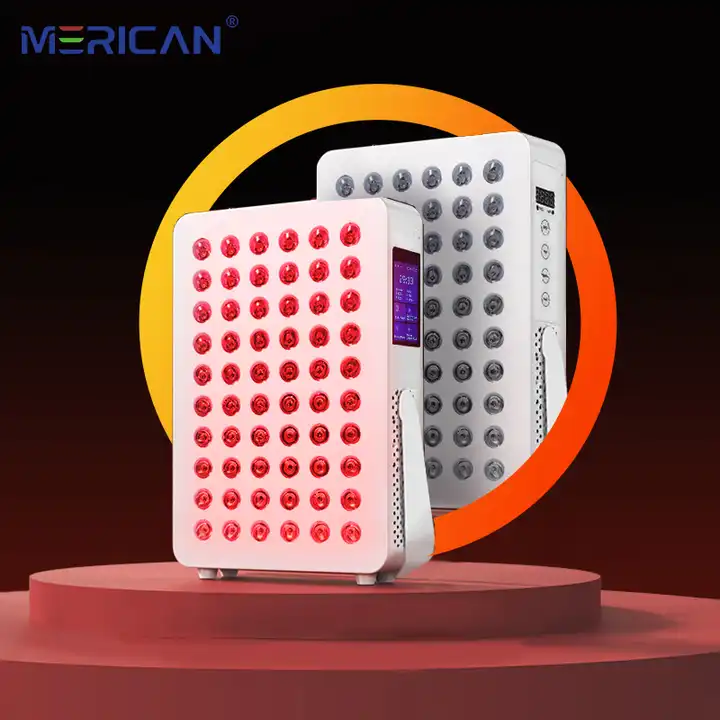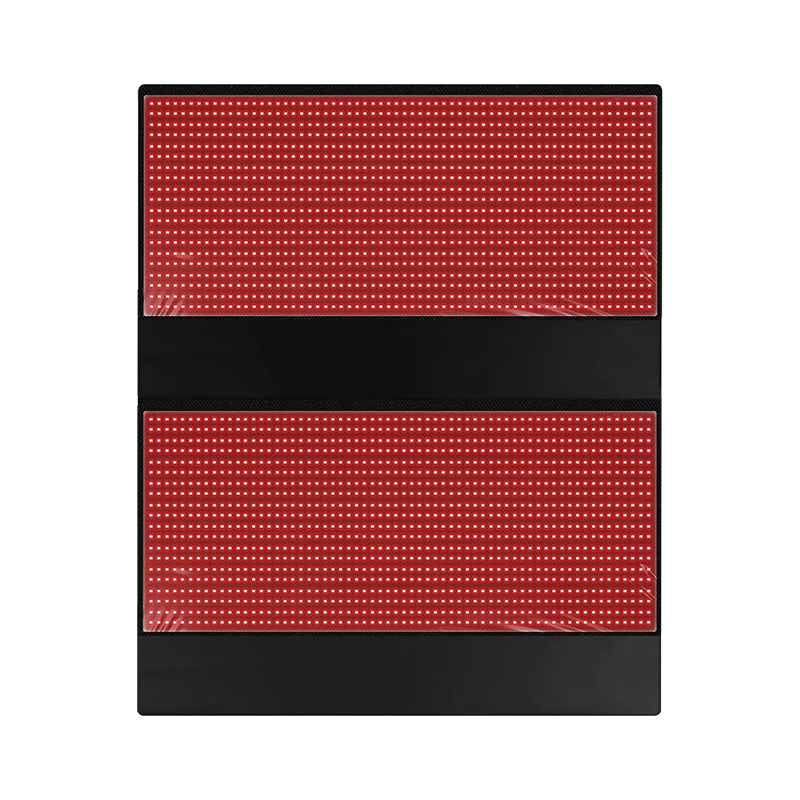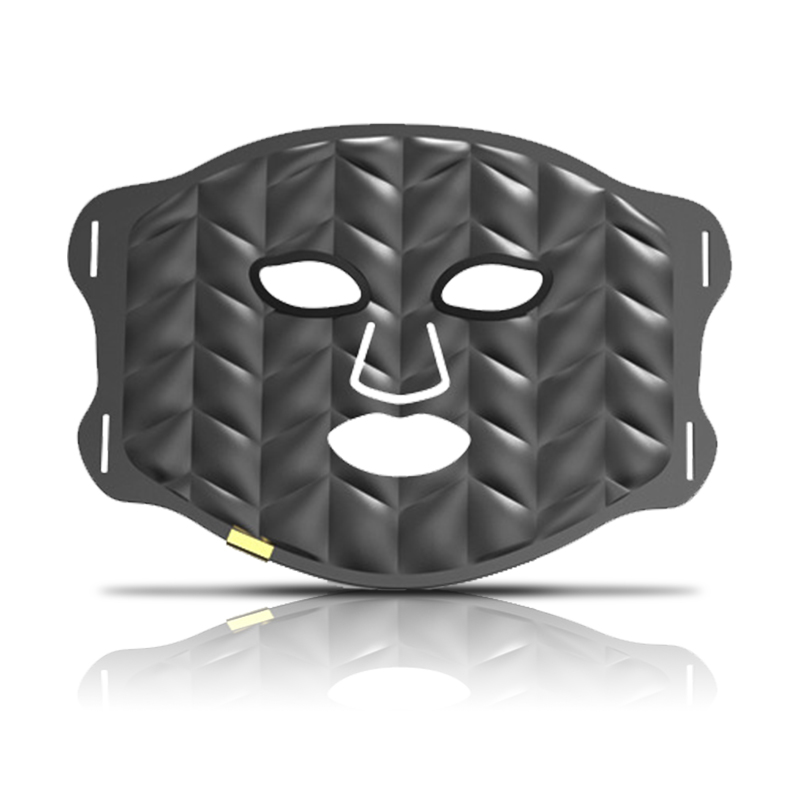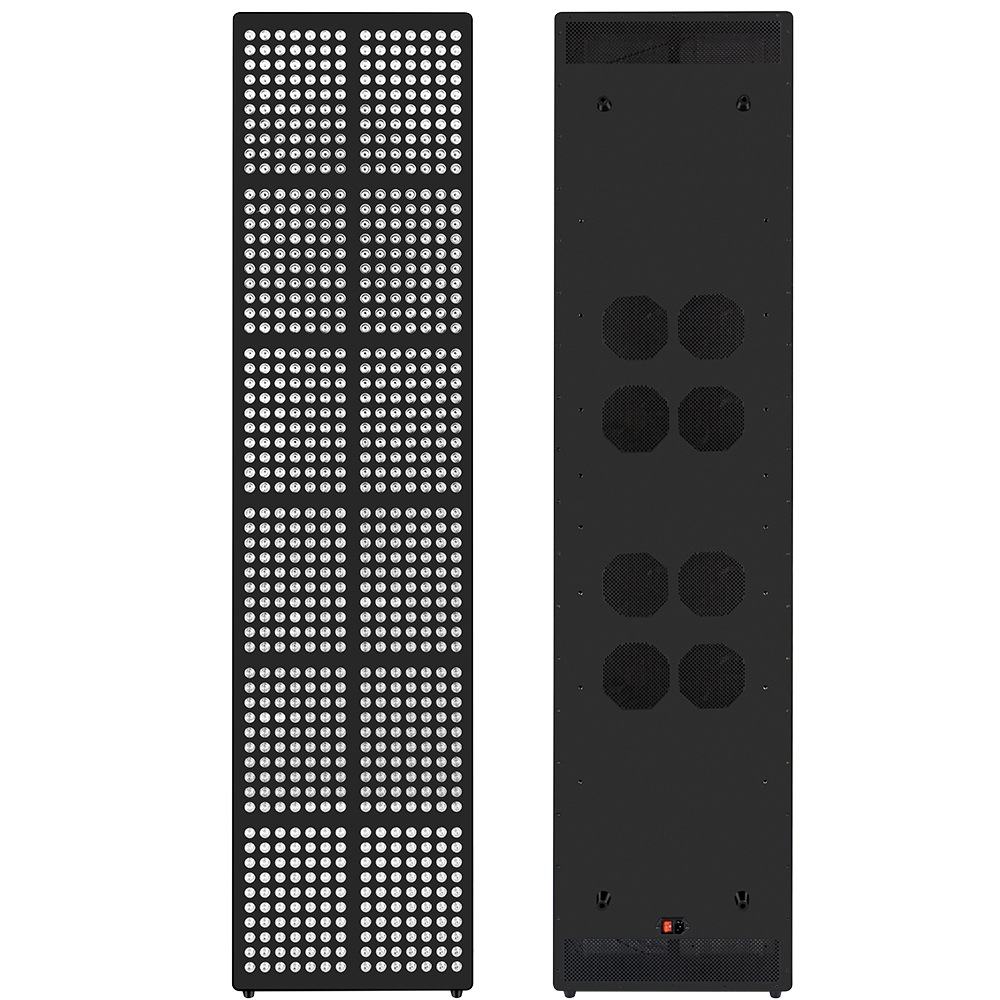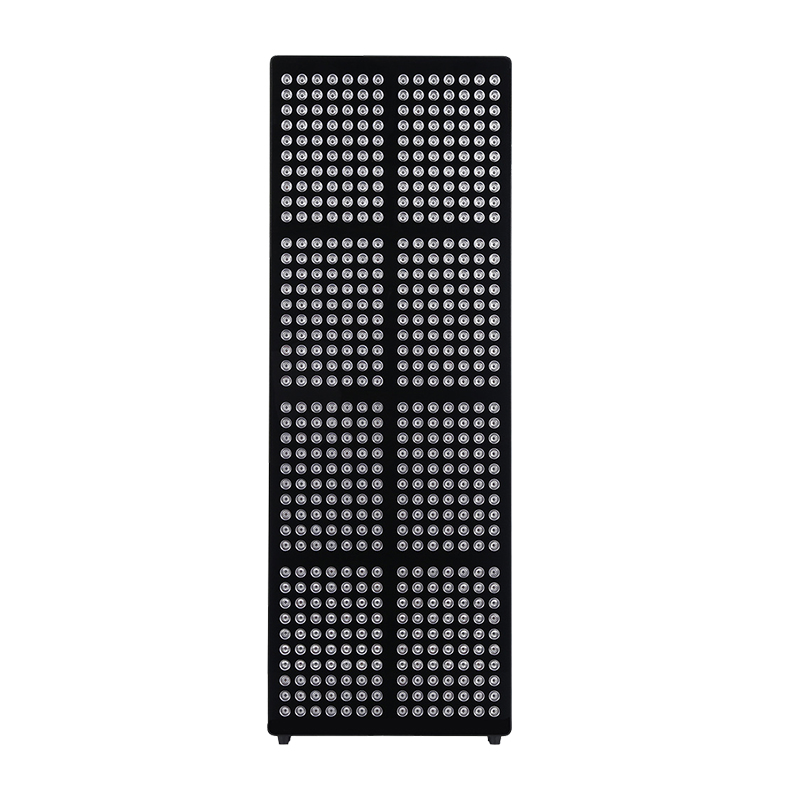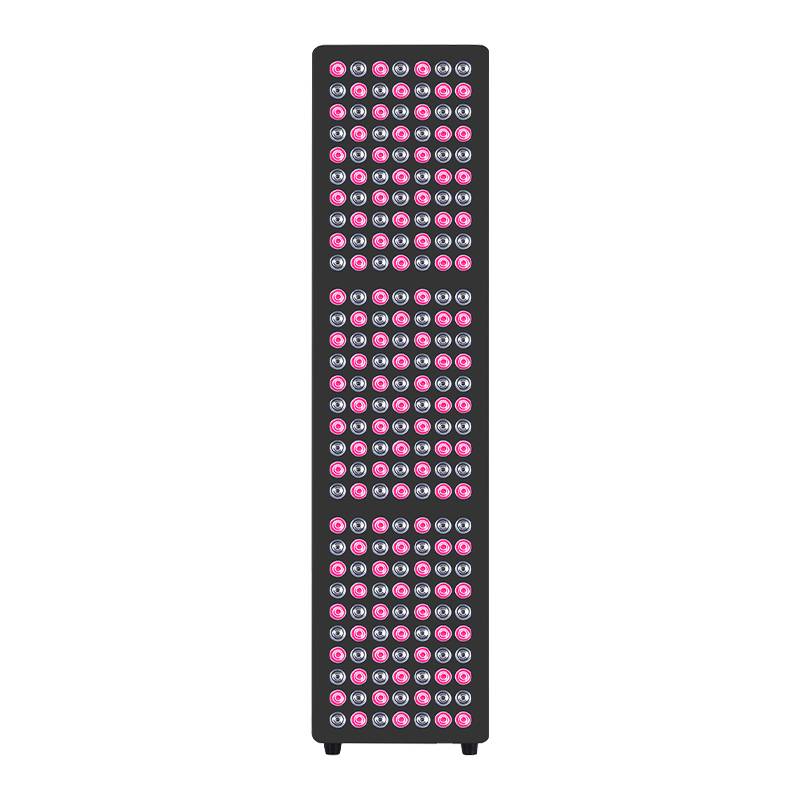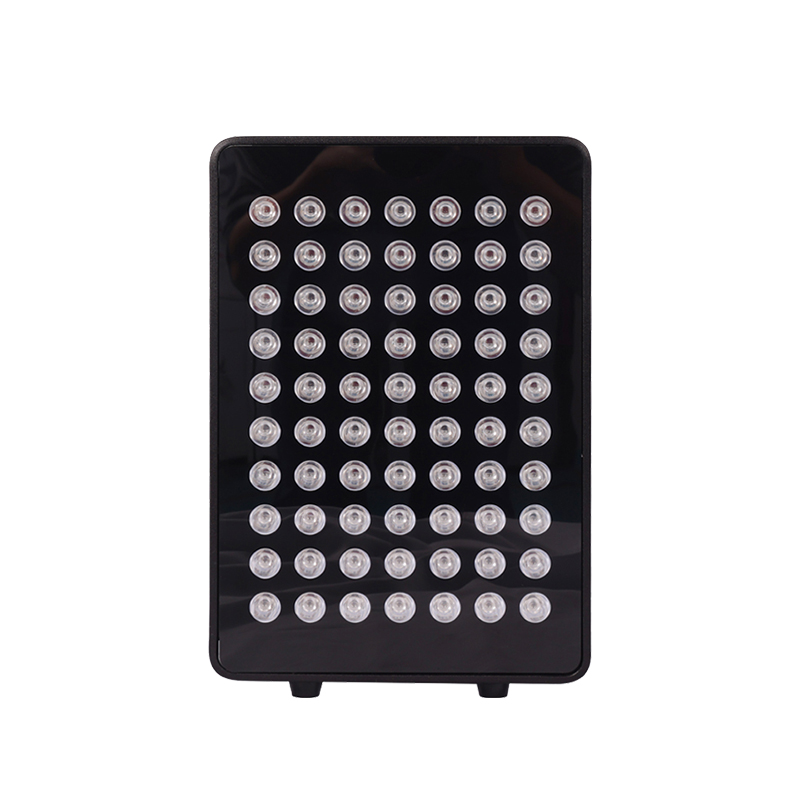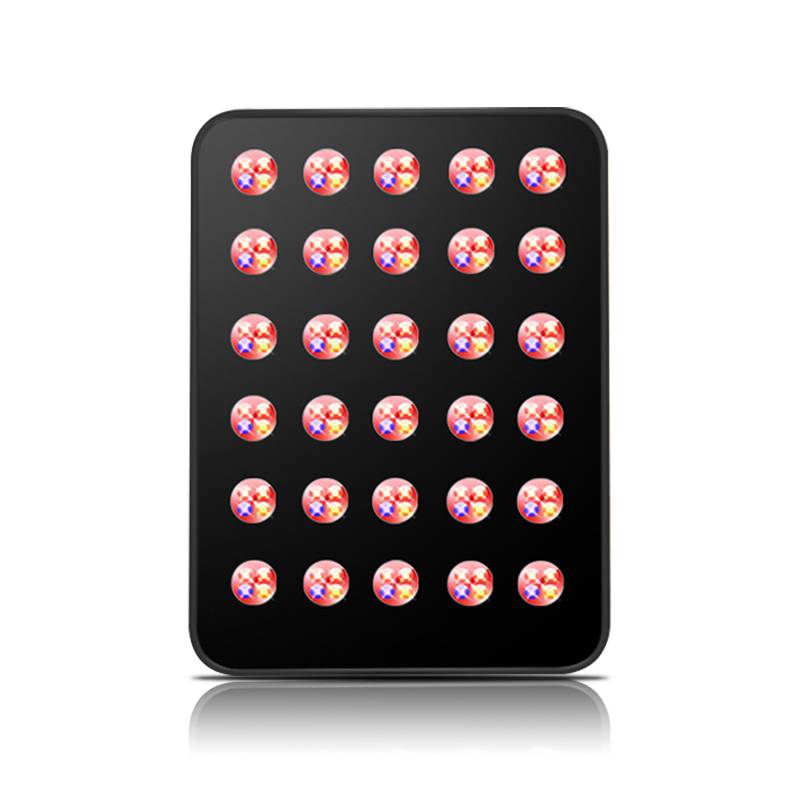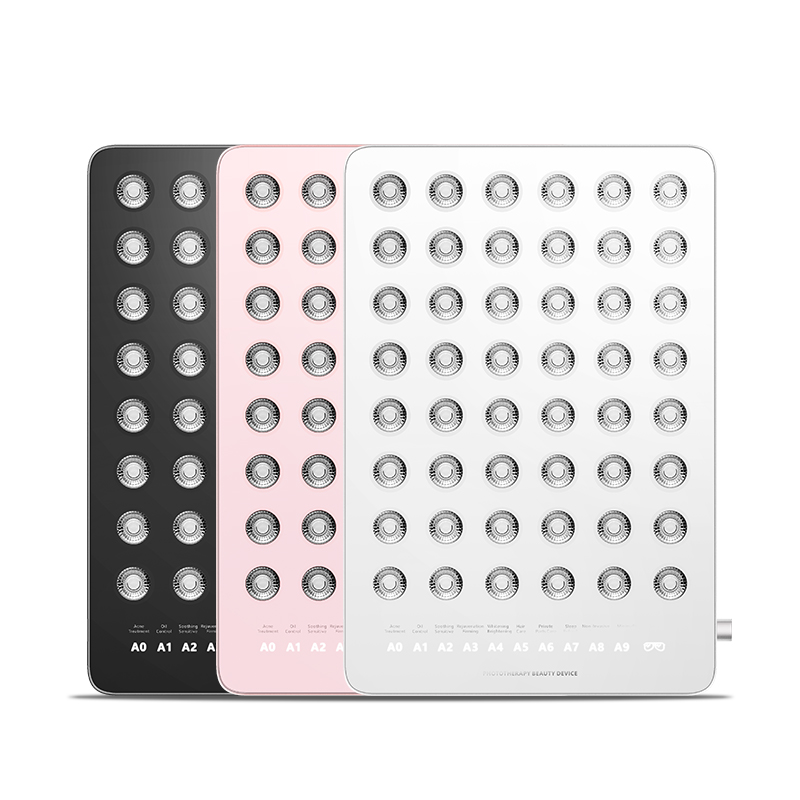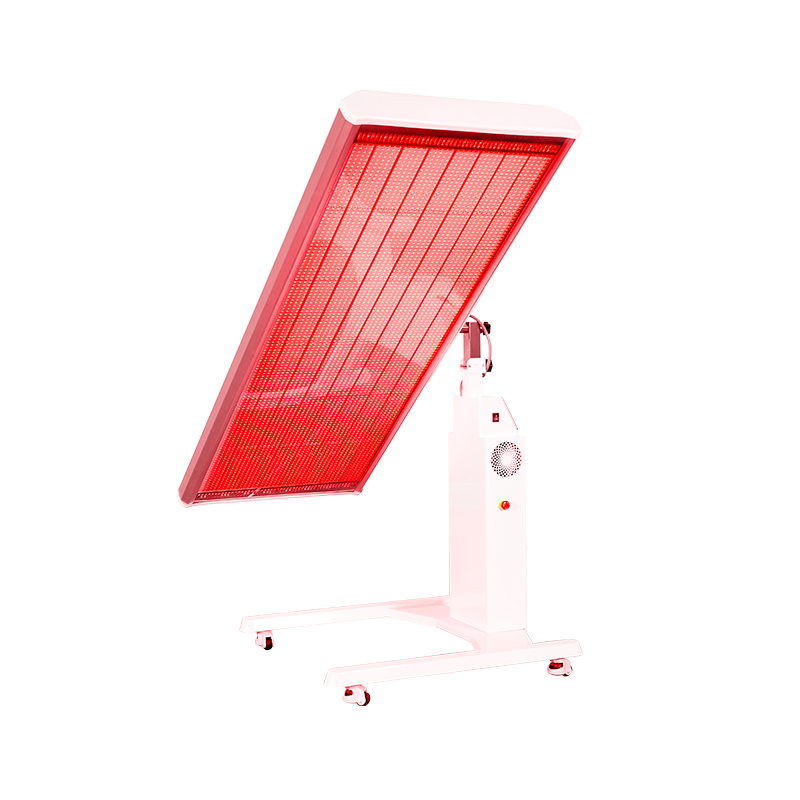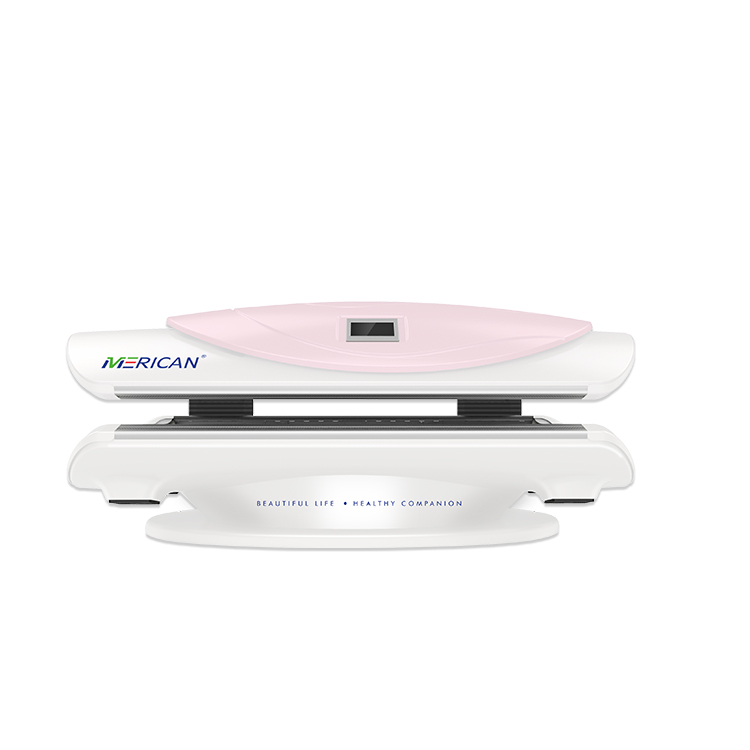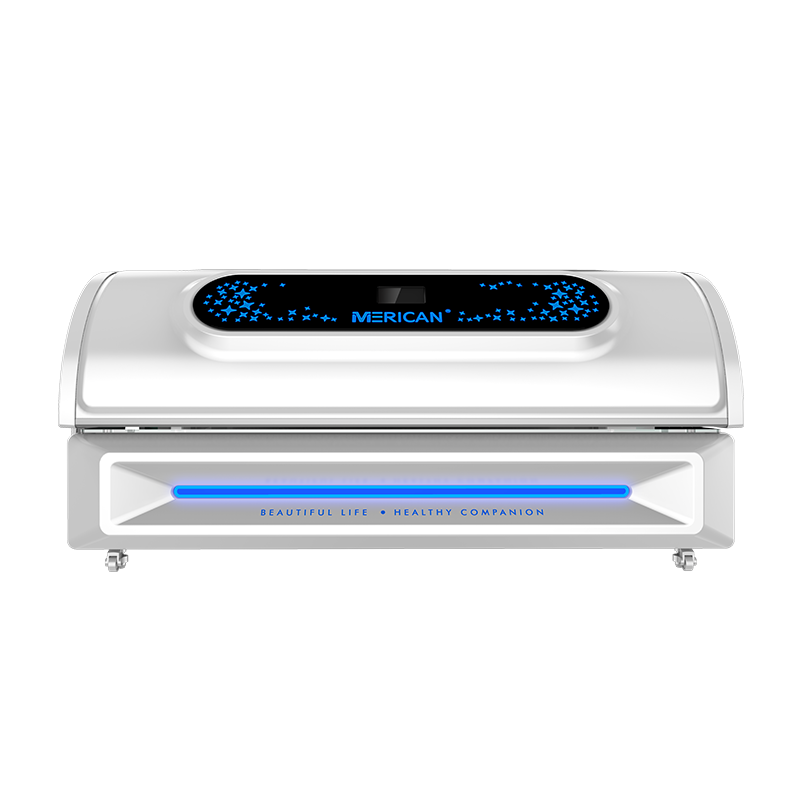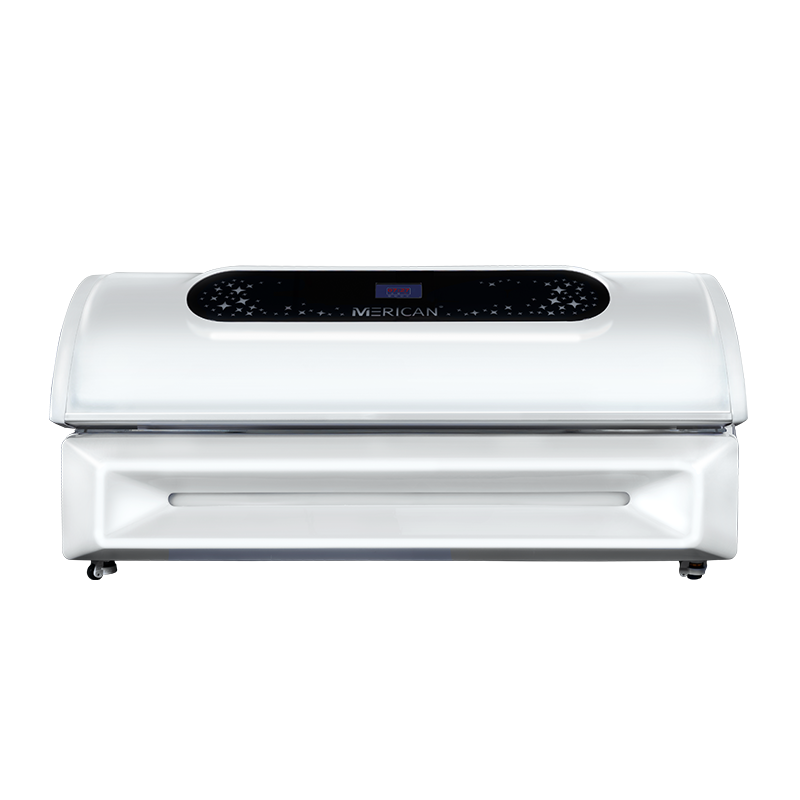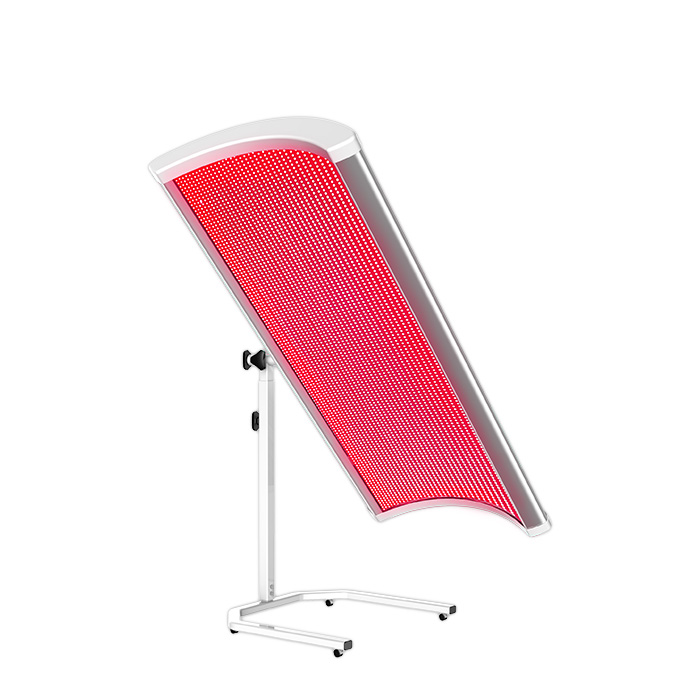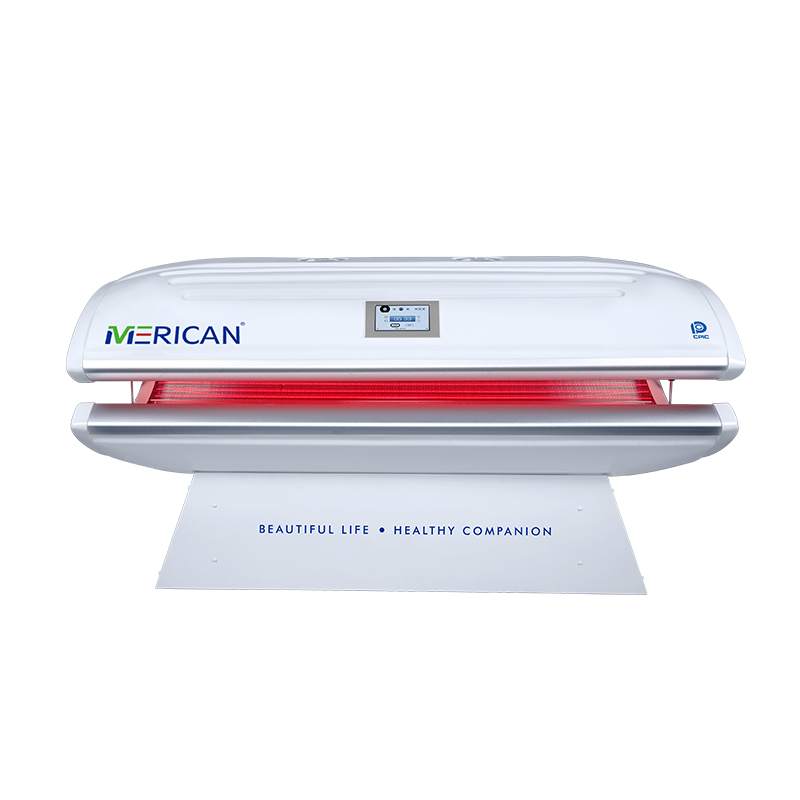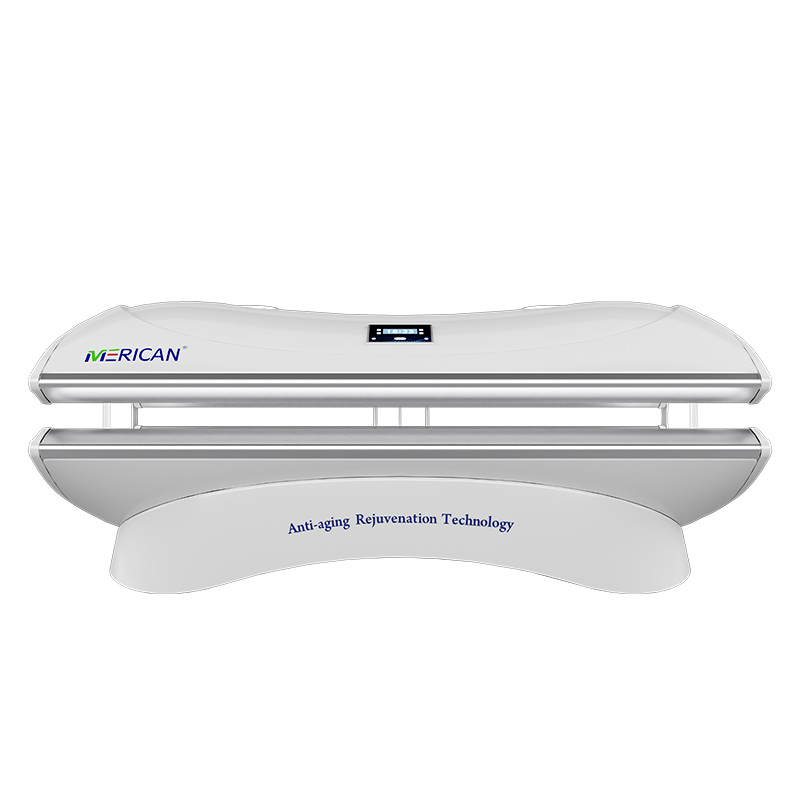Red light therapy (RLT) is widely used for skin rejuvenation, pain relief, and overall wellness. However, some people worry: can red light therapy cause cancer or promote the growth of cancer cells? This article explores the science behind RLT and its safety profile.
How Red Light Therapy Works
Red light therapy uses specific wavelengths of red (600–700 nm) and near-infrared (800–1000 nm) light to penetrate the skin and stimulate cellular energy (ATP production). This can:
- Promote tissue repair and healing
- Reduce inflammation
- Support collagen production
Importantly, RLT does not involve UV radiation, which is the type of light linked to DNA damage and skin cancer.
Does Red Light Therapy Cause Cancer?
What the Research Shows
- Studies indicate that red and near-infrared light do not cause DNA mutations that lead to cancer.
- RLT stimulates healthy cell function rather than causing uncontrolled cell growth.
- Research in clinical and lab settings has not found evidence that RLT promotes tumor growth in healthy tissues.
When to Exercise Caution
- Individuals with active cancer or tumors should consult a healthcare professional before using red light therapy.
- Professional advice ensures treatment is safe and does not interfere with ongoing cancer therapies.
Benefits of Red Light Therapy Without Cancer Risk
- Skin Health: Reduces wrinkles, scars, and pigmentation
- Pain Relief: Helps with joint pain, arthritis, and muscle recovery
- Wound Healing: Supports tissue repair and inflammation reduction
Safety Guidelines
- Use devices with proper wavelength (600–700 nm red, 800–1000 nm NIR).
- Avoid overexposure: Follow manufacturer guidelines for duration and distance.
- Consult a doctor if you have a history of cancer or are undergoing treatment.
- Do not replace medical treatments for serious conditions.
Conclusion
Current research shows that red light therapy does not cause cancer and is generally safe for healthy individuals. While people with active cancer should consult a healthcare professional, RLT can be safely used for skin, pain relief, and wellness without increasing cancer risk.

